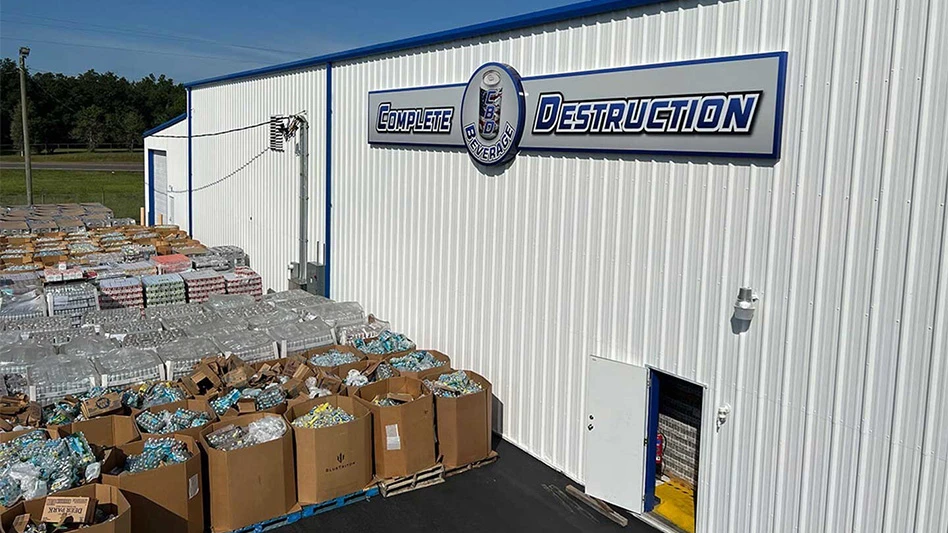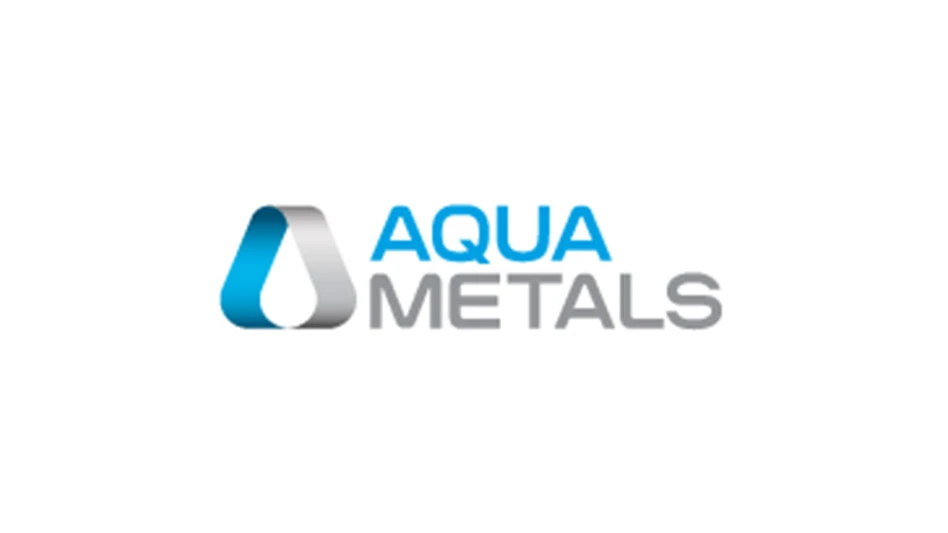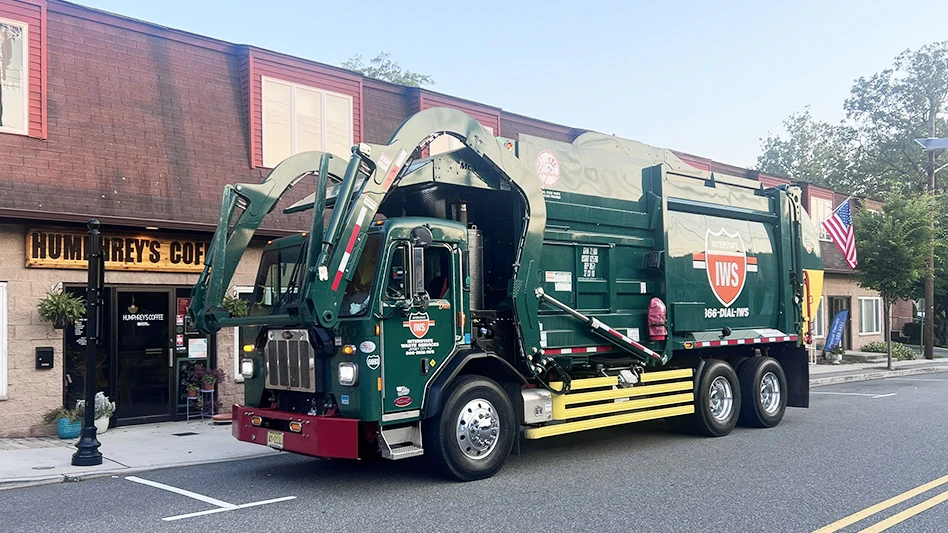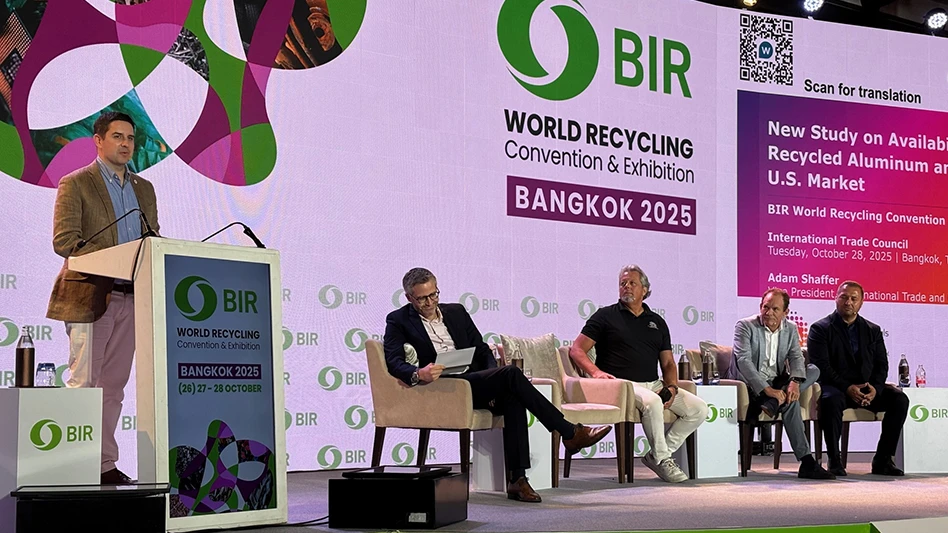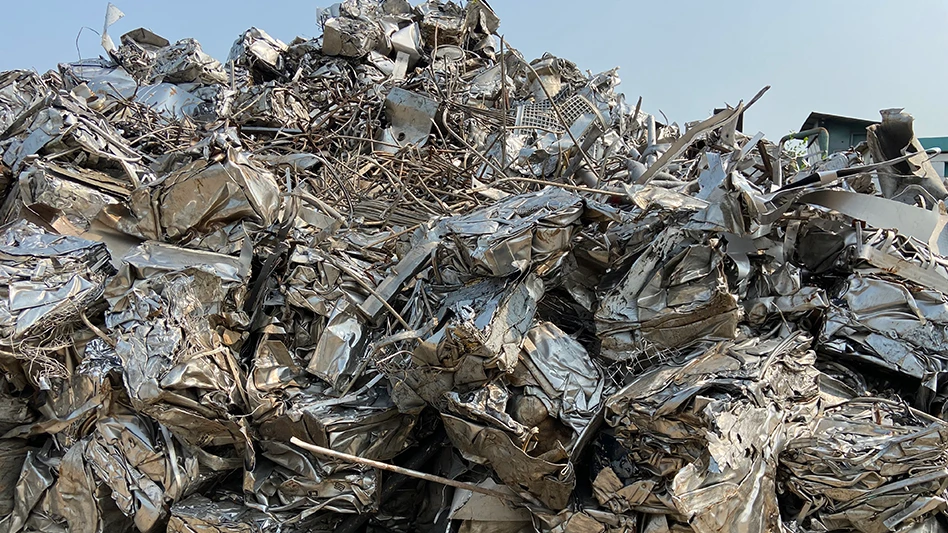
Waste Management Inc. (WM), Houston, announced financial results for the first quarter of 2021 April 27.
“We had an exceptionally strong start to the year with first-quarter adjusted operating EBITDA (earnings before interest, taxes, depreciation and amortization) growth of more than 14 percent and adjusted operating EBITDA margin expansion of 100 basis points,” Jim Fish, WM president and CEO, says. “We achieved these results by generating strong yield, flexing down our cost structure, and executing on the integration of Advanced Disposal. With this solid performance and our confidence in the strength of our business model, we are increasing our 2021 financial guidance that we provided in February for revenue, adjusted operating EBITDA and free cash flow.
“In addition to the strong performance of our core business, the integration of Advanced Disposal is going remarkably well. Based upon the success of the integration efforts so far, we believe we will capture synergies above our original expectations. We now expect to achieve $130 million in annual run-rate synergies from operating costs and SG&A savings, which is a more than 60 percent increase from our initial estimates. The revised estimate includes between $75 million and $85 million in run-rate synergies captured during 2021, up from our prior guidance of between $50 million and $60 million.”
Highlights from Waste Management’s first-quarter earnings include:
Revenue
- In the first quarter, revenue declined $5 million in the company’s collection and disposal business, when excluding the impact of acquisitions and divestitures, compared with the first quarter of 2020. This was driven by $98 million in volume declines partially offset by $93 million of growth from yield.
- Core price for the first quarter was 3.4 percent compared with 3.2 percent in the fourth quarter of 2020 and 4.2 percent in the first quarter of 2020.
- Collection and disposal yield was 2.8 percent in the first quarter compared to 2.3 percent in the fourth quarter of 2020 and 2.2 percent in the first quarter of 2020.
- Total company volumes declined 2.7 percent in the first quarter, or 2.1 percent on a workday adjusted basis, compared with a decline of 2.6 percent on a workday adjusted basis in the fourth quarter of 2020 and a decline of 0.4 percent on a workday adjusted basis in the first quarter of 2020.
- In the first quarter, acquisitions and net of divestitures added $292 million of revenue primarily from the acquisition of Advanced Disposal.
Cost management
- Operating expenses as a percentage of revenue improved 130 basis points to 61.1 percent when compared with the first quarter of 2020, demonstrating the company’s ability to operate under a lower cost structure.
- SG&A expenses were 11.1 percent of revenue in the first quarter compared with 11.4 percent in the first quarter of 2020. On an adjusted basis, SG&A expenses were 10.7 percent of revenue in the first quarter compared to 10.5 percent in the first quarter of 2020.
Profitability
- Operating EBITDA in the company’s collection and disposal business, adjusted on the same basis as total company operating EBITDA, was $1.29 billion, or 31.8 percent of revenue, for the first quarter compared with$1.18 billion, or 31.3 percent of revenue, for the first quarter of 2020.
- Operating EBITDA in WM's recycling line of business improved by $34 million compared with the first quarter of 2020. The improvement was driven by the company’s efforts to develop a sustainable business model that also meets customers’ environmental needs as well as an increase in market prices for recycled commodities, WM says.
- In the first quarter, WM realized $12 million of operating and SG&A cost synergies from the acquisition of Advanced Disposal.
Free cash flow and capital allocation
- In the first quarter, net cash provided by operating activities was $1.12 billion compared with $765 million in the first quarter of 2020, an increase of $355 million. The improvement in net cash provided by operating activities was primarily driven by the increase in operating EBITDA, lower incentive compensation payments and improvements in working capital.
- In the first quarter, capital expenditures were $270 million compared with $459 million in the first quarter of 2020. The decrease in capital spending was primarily driven by differences in the timing of fleet purchases and the company’s acceleration of certain capital expenditures into the fourth quarter of 2020.
- In the first quarter of 2021, free cash flow was $865 million compared with $318 million in the first quarter of 2020.
- During the first quarter of 2021, $497 million was returned to shareholders, including $247 million of cash dividends and $250 million allocated to share repurchases.
Outlook
- Total company revenue growth is expected to range from 12.5 percent to 13 percent. Combined internal revenue growth from yield and volume in the collection and disposal business is expected to be 4.5 percent or greater, driven by WM's disciplined pricing programs and strong outlook for continued volume recovery, it says.
- Adjusted operating EBITDA is expected to be between $4.875 billion and $4.975 billion in 2021.
- Free cash flow is projected to be between $2.325 billion and $2.425 billion in 2021.
- Synergies from the acquisition of Advanced Disposal are expected to total $150 million, with $130 million coming from operating costs and SG&A savings and $20 million coming from capital expenditure savings. This is an increase from the company’s original expectation of $80 million in operating costs and SG&A savings and $20 million in capital expenditure savings. In 2021, the company expects to capture between $75 million and $85 million of cost synergies, bringing annual run-rate synergies to about $100 million at the end of the year.
Fish concludes, “We’ve previously discussed that Waste Management is well-positioned to benefit as states and provinces emerge from the pandemic. We expect strong results as our commercial, industrial and landfill businesses—our three most profitable lines of business—continue to recover over the remainder of the year.”
Get curated news on YOUR industry.
Enter your email to receive our newsletters.
Latest from Recycling Today
- Kaiser Aluminum posts profits in Q3
- BIR Convention: Basel Convention mission creep unwelcome by recyclers
- BIR Convention: Recycled steel market shrinks in H1 2025
- CompoSecure to acquire Husky in $5B transaction
- PureCycle appoints new board member
- NWRA announces recipients of 2025 Chapter Leadership Awards
- State AGs say Plastics Pact, others are misleading consumers, violating antitrust laws
- SWDA awarded $1.5M to support new CHaRM facility in Orange Beach, Alabama
